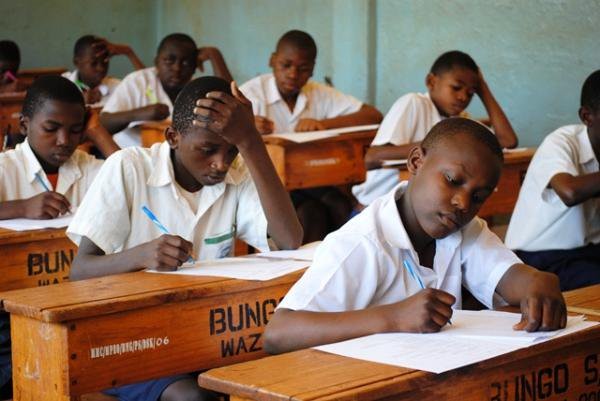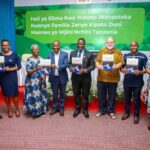The National Examination Council of Tanzania (NECTA) has announced that a record-breaking 1,230,780 candidates are set to sit for the Primary School Leaving Examination (PSLE) on September 11-12, 2024.
This announcement was made by NECTA’s Executive Secretary, Said Mohamed, during a press briefing on Tuesday regarding the final preparations for the exam.
According to Mohamed, this year’s examination will see 564,176 girls and 666,604 boys participate, accounting for 45.84% and 54.16% of the candidates, respectively. Additionally, 4,583 candidates with special needs will be included in this year’s cohort. This includes 98 blind students, 1,402 with visual impairments, 1,067 deaf candidates, 486 with intellectual disabilities, and 1,530 with physical disabilities.
In a bid to ensure the integrity of the examination, NECTA has issued a stern warning to all candidates: any instance of cheating will result in the immediate nullification of their results. This measure aims to uphold the fairness and credibility of the examination process.
Mohamed highlighted that a significant majority of candidates, specifically 1,158,862 (94.16%), will be taking the Swahili language exam. Meanwhile, 71,918 candidates (5.84%) will opt for the English language exam. The choice reflects the prevalent use of Swahili as the primary language of instruction in Tanzanian schools, while English remains a critical part of the curriculum.
Read More; China Opens Market for Tanzanian Avocados
As the exam days approach, NECTA is focusing on ensuring that all logistical and security measures are in place to facilitate a smooth examination process. The council has reiterated its commitment to providing a fair and inclusive environment for all candidates.
The PSLE is a pivotal moment for Tanzanian students, marking the end of their primary education and determining their eligibility for secondary school. The unprecedented number of candidates this year underscores the growing importance of education in the country and the increasing emphasis on inclusive practices in the educational sector.






